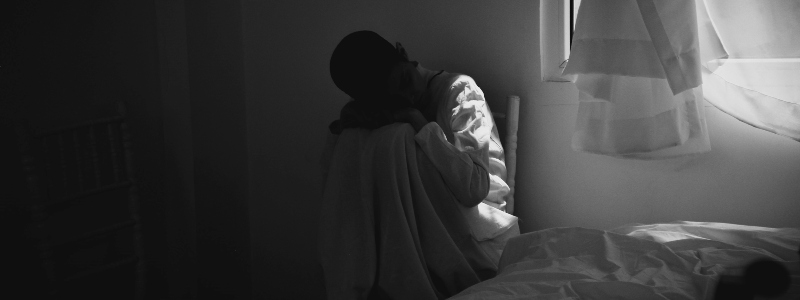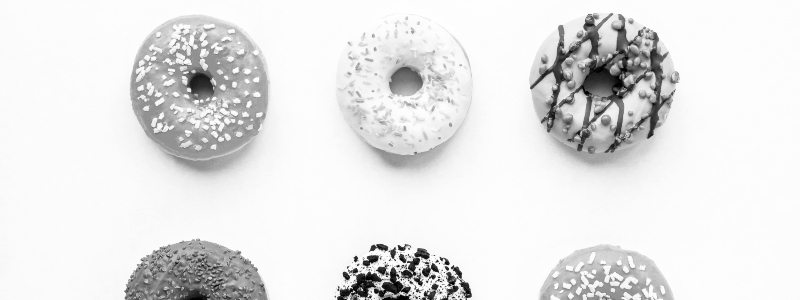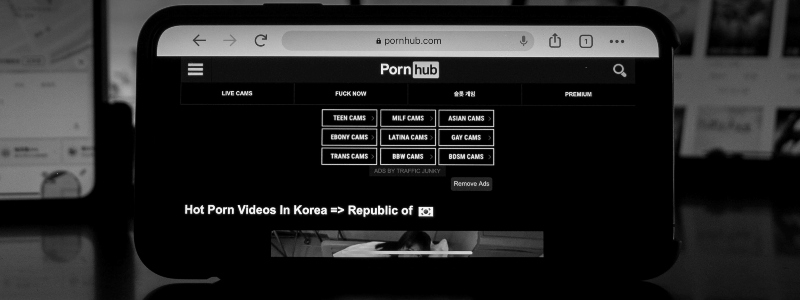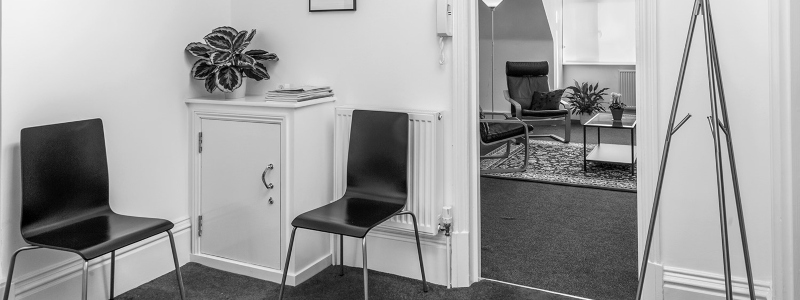This may seem like a strange article title for a psychotherapist to concoct. And a strange title to post as a blog on a site promoting psychotherapy. But there is a paradox at play here: as psychotherapists, Sam Jahara and myself believe in psychological and emotional change leading to tangible life changes. It is something we are passionate about and as such, we know that psychotherapy is a huge conduit to this change. But, in and of itself, psychotherapy is not enough: sitting in a room for an hour a week and then continuing to live life in the same way does not lead to change.
Talking therapy, in its many guises, is often referred to as the ‘impossible profession’ amongst those in the know. This is because we work with difficult emotional and psychological material and in order to help clients reach the change they so want, we cannot be overly invested in that change (another paradox). No matter how much pain a client is in, we need to work with them to facilitate a space, an environment and a mental ability to imagine that change and then move towards it of their own accord. This is not easy, but the client has it far tougher. In essence it is the process of helping clients bring their mind ‘online’ after trauma or overwhelm, so that they can make choices about how much change they wish to make.
Whether couched as depression, anger management, stress, addictions or any other mental heatlh label, the change needs to come from the inner resources of the client. Psychotherapy can have a profound effect of helping build up these resources. But, it is how the client carries the process of change forward in their life that makes all the difference.
An hour of therapy a week can give clients a taste of calm – of being present to their own minds in the presence of another, which then translates as a very real felt experience, one that they can then start to use outside of therapy. Research in the fields of affect regulation (managing our emotions) and neuroscience is showing the relevance and importance of relational therapy to long-term psychological change. And increasingly the mind and brain are being seen as part of the same emotional system. Thus, psychological change equals emotional change. And emotional change is defined by the ability to feel emotions without shutting down, or becoming overwhelmed.
The days of talking therapy consisting of the therapist as a blank screen and the client simply ‘free associating’ are, thankfully, becoming less and less of what is seen to constitute effective psychotherapy. Backed by developments in neuroscience and the benefits of an integrated mind – body connection, we believe that therapy, and thus change, should equip clients to move towards long-term change through the use of a wide range of life changing strategies. These include incorporating the body into the therapeutic process though awareness and more direct interventions, neurofeedback, bio-hacking, self development, mindfulness and meditation as a daily practice, exercise, nutrition and any other process that enables clients to become more familiar with their minds, their needs and being present to what they are experiencing in their body, moment by moment.
Keep an eye out for blogs coming up in the future when some of the above topics will be considered in more detail and we share with you how we believe these different techniques perfectly complement therapy.
Image credit: Mark Vahrmeyer














